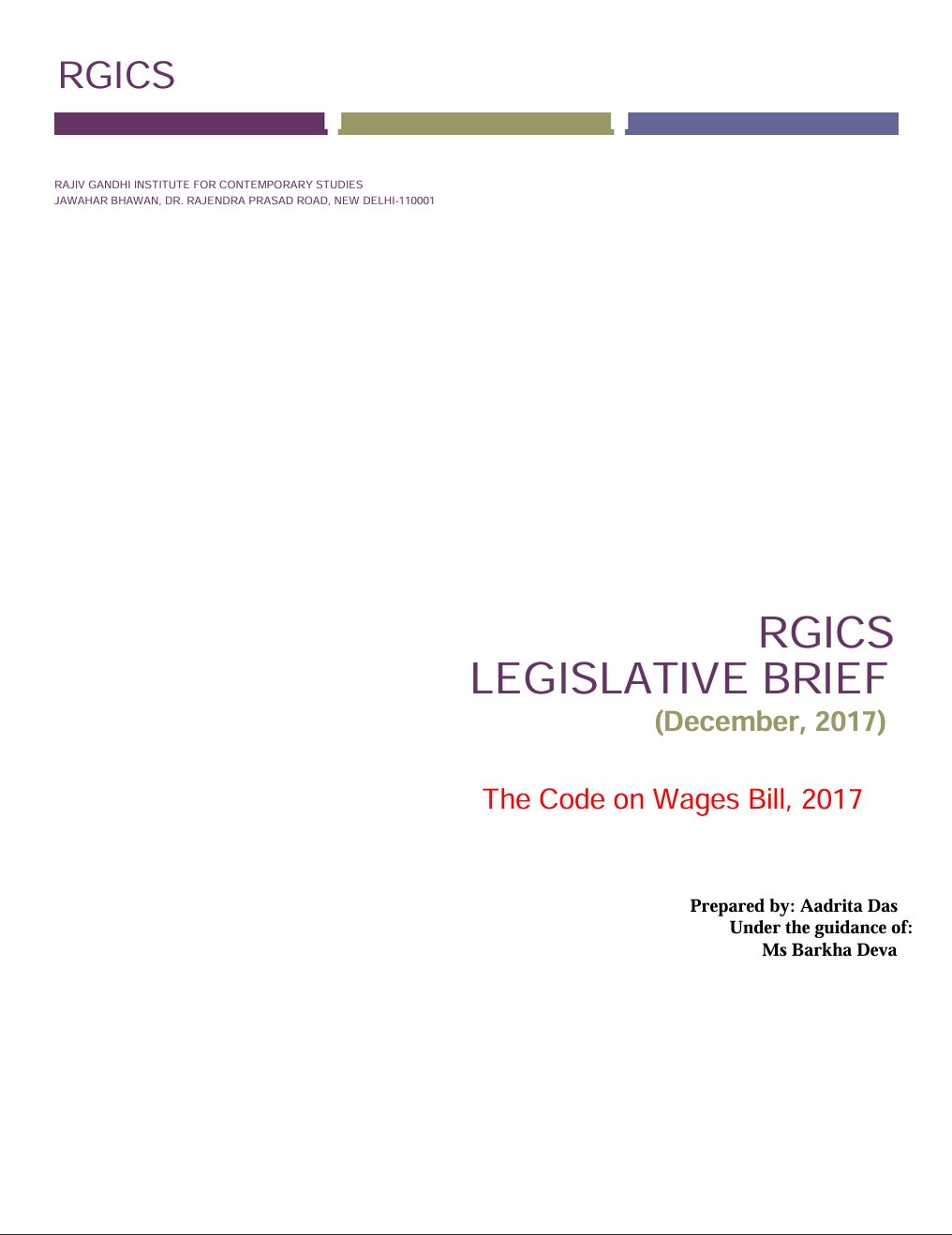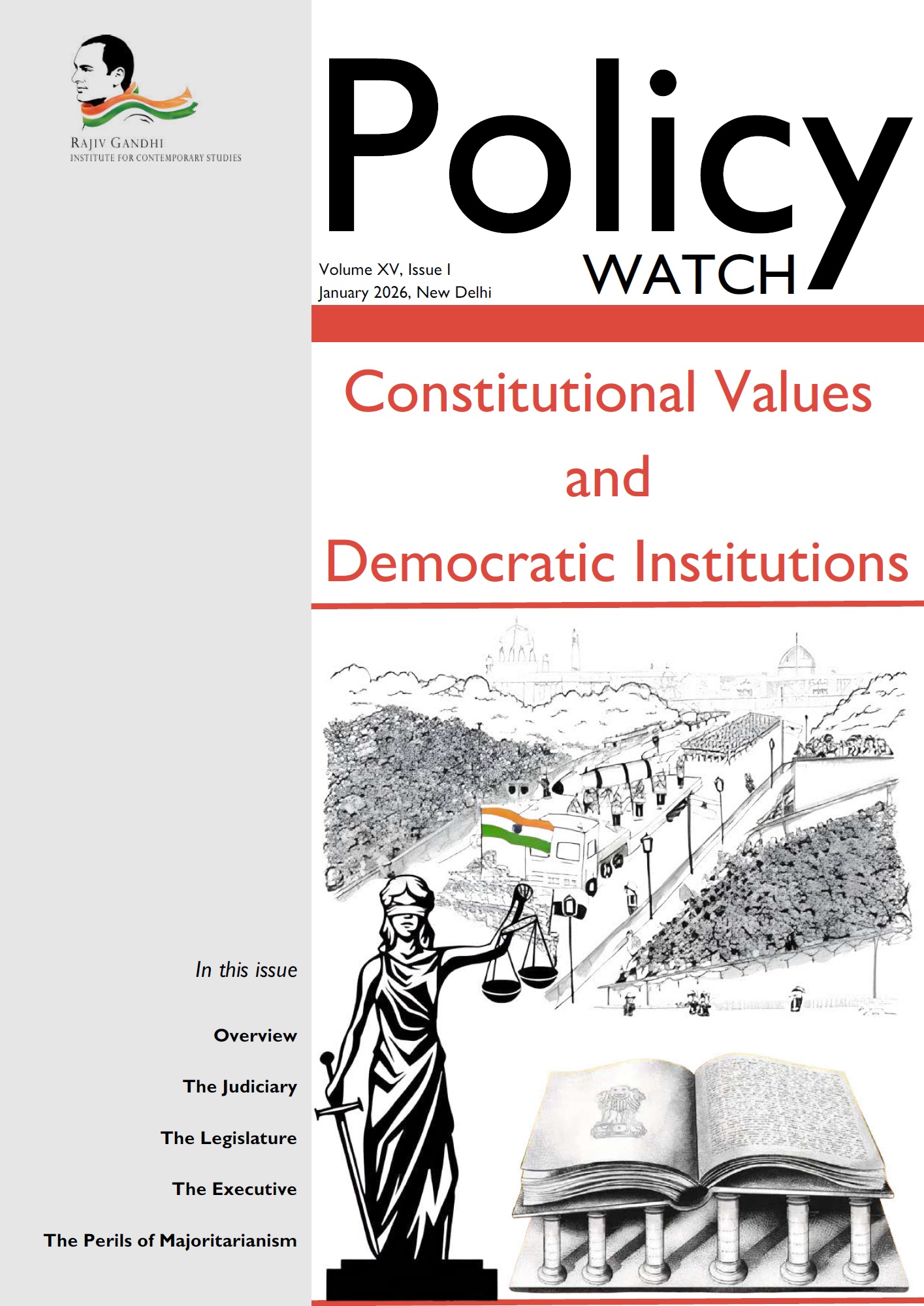The Code on Wages Bill, 2017 aims to simplify India’s complex web of wage-related labor laws by merging four outdated acts into one. While the idea is to ensure a national minimum wage and improve compliance, the Bill has sparked criticism for prioritizing business interests over worker rights. It weakens collective bargaining, restricts legal remedies, and leaves many unorganized sector workers unprotected. There’s also concern that it glosses over important discrimination issues and hands too much power to employers.
The Code on Wages Bill, 2017 is supposed to make things simpler and fairer by merging four labor laws into a single, easy-to-follow code. Its big selling point is the introduction of a national minimum wage to create some consistency across the country. But here’s the problem: While the Centre can set a minimum wage, states can set their own rates as long as they aren’t below this floor. This flexibility sounds good on paper but could end up watering down wage standards instead of strengthening them.
Another major issue is how the Bill tackles discrimination. Sure, it talks about gender-based discrimination, but it’s completely silent about caste, religion, and third-gender issues. That’s a big miss when it comes to protecting some of India’s most marginalized workers.
The Bill also replaces inspectors with “facilitators,” whose job is to advise rather than enforce. This softer approach is seen as too lenient and could seriously undermine the monitoring system meant to protect workers’ rights.
Trade unions aren’t happy either. The Bill restricts their ability to strike and makes it harder for them to access company financial records needed for fair negotiations. Plus, instead of letting courts handle grievances, the Bill gives that responsibility to government-appointed authorities, limiting workers’ access to justice.
While making it easier to do business is a valid goal, critics argue that this Bill goes too far in favoring employers. To actually improve worker welfare, it needs stronger protections for unorganized workers, clearer rules on implementation, and a broader approach to tackling discrimination.
Keywords: Minimum Wage, Equal Remuneration, Labour Rights, Unorganised Sector, Collective Bargaining, Facilitators, Trade Unions, Inspection System, Wage Code, Employer-Employee Definition
RGICS LEGISLATIVE BRIEF- The Code on Wages Bill, 2017
Send download link to:








